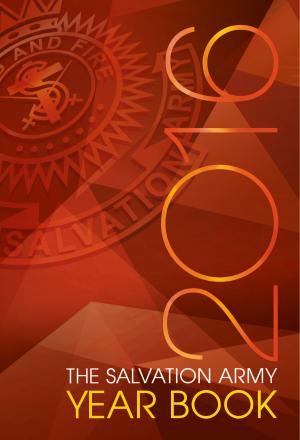Crown of Glory, Crown of Thorns
The Salvation Army in Wartime
Nonfiction, Religion & Spirituality, Christianity, Church, Church Administration, Church & State| Author: | Shaw Clifton | ISBN: | 9780854129911 |
| Publisher: | Salvation Books | Publication: | June 30, 2015 |
| Imprint: | Language: | English |
| Author: | Shaw Clifton |
| ISBN: | 9780854129911 |
| Publisher: | Salvation Books |
| Publication: | June 30, 2015 |
| Imprint: | |
| Language: | English |
A detailed account of Salvation Army work and attitudes in wartime, analysing the three main principles which governed Salvationist reactions during the period 1899-1945:
1) the spiritual priority of Christian evangelism and soul-saving;
2) the practical priority of compassionate good works;
3) the upholding of Christian internationalism.
This book also considers the elements of pacifism that became evident among Salvationists, particularly during the Second World War, as well as examining how the Army's international structure suffered damage during the two World Wars when links with the London headquarters were frequently severed.
The demands of patriotism clashed directly with the expectations of internationalism, placing the movement and its leaders under perpetual strain. Their refusal to risk giving offence or to take sides conveyed at times an impression of moral as well as political neutrality. The overriding goal, however, was to hold the worldwide Army intact, come what may.
Illustrated with 16 pages of colour and black and white photographs.
A detailed account of Salvation Army work and attitudes in wartime, analysing the three main principles which governed Salvationist reactions during the period 1899-1945:
1) the spiritual priority of Christian evangelism and soul-saving;
2) the practical priority of compassionate good works;
3) the upholding of Christian internationalism.
This book also considers the elements of pacifism that became evident among Salvationists, particularly during the Second World War, as well as examining how the Army's international structure suffered damage during the two World Wars when links with the London headquarters were frequently severed.
The demands of patriotism clashed directly with the expectations of internationalism, placing the movement and its leaders under perpetual strain. Their refusal to risk giving offence or to take sides conveyed at times an impression of moral as well as political neutrality. The overriding goal, however, was to hold the worldwide Army intact, come what may.
Illustrated with 16 pages of colour and black and white photographs.















